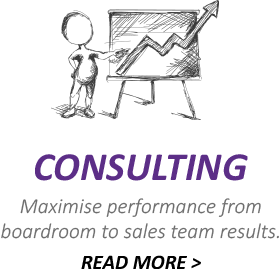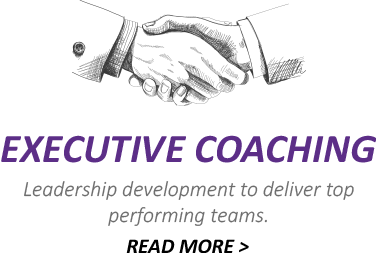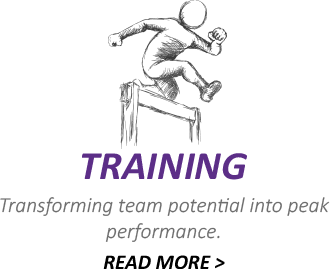As a Sales Manager, what is your responsibility to add value to your team?
No doubt, sharing your experience, transferring your knowledge and developing the maximum potential of each individual are all key aspects that come to mind.
However, it’s a tough question to answer with the pace of today’s sales environment. All too often it’s easy to find yourself being sucked into devoting much time and energy to the exciting soon-to-close opportunities located at the bottom of your sales funnel. They are often where our focus is, as these potential orders are the ones we have forecast to come in this month and demand our attention. However, this is a pitfall to avoid if you want to add real long-term value.
That’s because although your Forecast meetings are great opportunities to talk with your salespeople about the deals they expect to close soon, they are not the best time to talk about the general pipeline health, which is determined by the quality and quantity of qualified opportunities in the pipeline as a whole.
It’s important that you make this distinction and separate your Forecast meetings from your Pipeline meetings.
In your Pipeline meetings, you need to ask your sales team about the new opportunities they have recently registered in your CRM. These early stage sales opportunities are the ones that will have a larger overall impact on the company’s condition. As a manager, this is where you need to focus your energy as these earlier stage opportunities need your guidance and this where you can add the most value in developing your team’s performance.
Normal Sales meetings are pretty boring as each person waits for their turn to explain the situation on their current opportunities. Let’s face it as a salesperson are you really that interested in what everyone else is doing?
So, why not change up the meeting format and use these pipeline opportunity meetings to educate the entire team. Any number of areas can be improved, from prospecting to improving sales opportunity qualification, or how to ensure all the influencers and decision makers involved have been considered and communicated with.
By using these Pipeline meetings to review and discuss your ‘Must Win’ opportunities as a team, everyone can gain from the experience and best practices of others. Often I find that someone on the team will have a relevant case study to share or knows of a useful contact that they can introduce to a colleague to help them on their sales opportunity.
Using the sales meetings in this way can have a significant impact on the performance and development of your team. By keeping your focus and energy on coaching opportunities earlier in the sales pipeline you get a high level of knowledge transfer and you reduce the amount of time spent firefighting to win deals in the later sales stages.
Finally, but just as valuable is the improved visibility and accuracy you will gain over your pipeline forecast.
I encourage you to try out this approach to adding value to your sales meetings and look forward to hearing the results!






